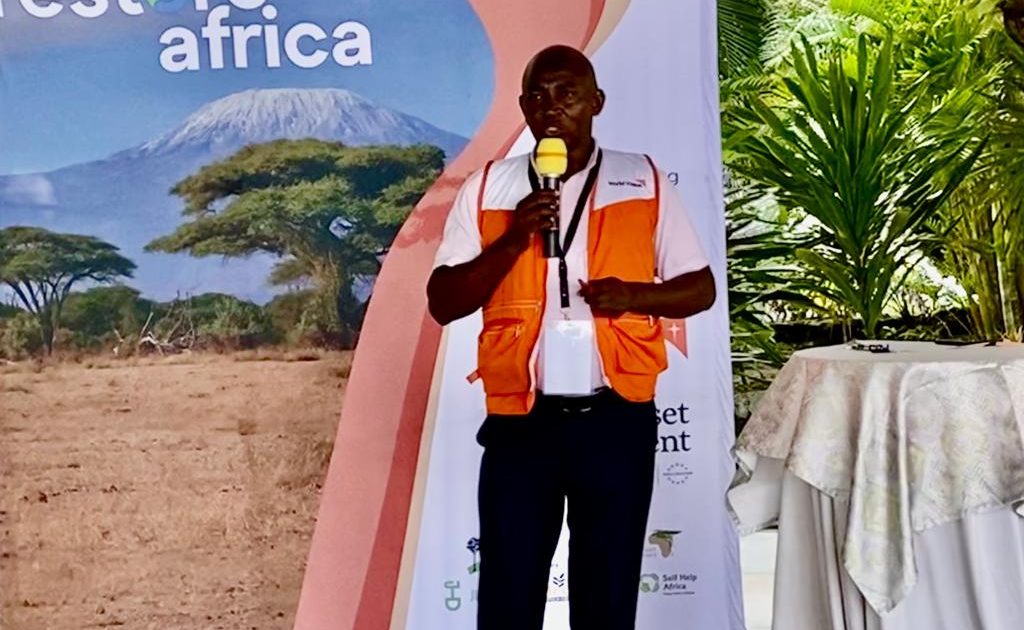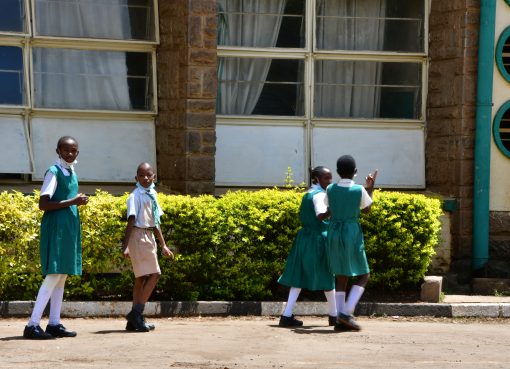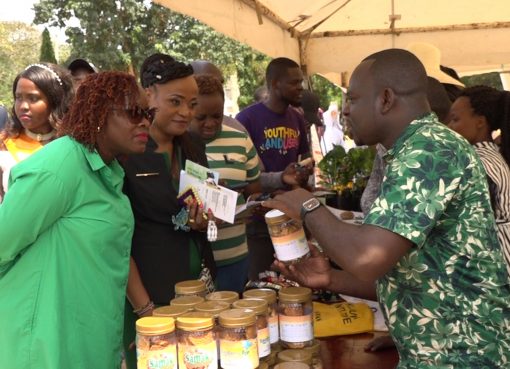World Vision Wednesday launched the EverGreening Alliance’s Restore Africa Programme in Kenya, worth Sh2.1 billion.
The 20-year programme is funded by the Climate Asset Management with an aim of investing in local small-scale farmers to restore degraded land through restoration of the trees in their own farms which will in turn accumulate carbon credits for sale in international markets.
Speaking in Kwale, World Vision Kenya Acting National Director Geoffrey Kavita said proceeds from the sale of carbon credits will be shared between the investors, communities, the Alliance and other relevant stakeholders based on an agreed benefit sharing framework.
“This programme is unique in that for the first time, smallholder farmers will be able to benefit from the sale of carbon credits directly released from the trees on their own farms,” said Kativa.
Apart from its scale, duration and socially inclusive nature of the programme, Kavita added, the outstanding aspect of Restore Africa is that it is majorly a business model convening communities, investors and local organizations to invest in climate adaptation and mitigation.
He noted that the programme which will be implemented in Kwale, Tana River, Narok and Elgeyo Marakwet counties is set to benefit farmers by improving their livelihoods through conservation.
“We expect that this programme will have a positive impact on communities in the four counties through sustained improvement in ecosystem restoration, livelihoods, food security, and resilience to climate change for smallholder farmers and pastoralists including men, women and youth,” said Mr. Kativa.
He added that the first five years will be implemented by the World Vision-led consortium including the International Centre for Research in Agroforestry (ICRAF), Self Help Africa, Green Belt Movement, JustDiggit, Africa Harvest and Conservation Alive Kenya.
In the remaining 15 years, Kavita revealed that the Global EverGreening Alliance will actively monitor to document carbon credits captured by restored farms for sale in the international market.
He stated that the project presents another great opportunity to work with government, investors, partners and other stakeholders towards delivering outcomes for Sustainable Development Goals (SDGs) while combating climate change.
Moreover, the Director outlined several approaches that will be adopted for on-farm restoration in the target counties including Livelihoods development which encompasses crop and livestock, value chain development, economic development, Sustainable Natural Resource Management-land restoration, ecosystem management and Strengthened policy environment and institutions.
World Vision has many years of experience working with communities and households to build sustainable livelihoods while restoring and sustaining the resource base they depend on.
By Catherine Muindi




